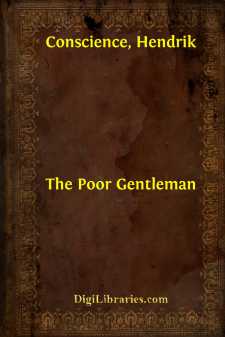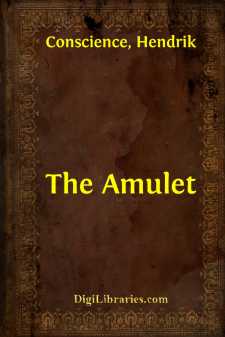Categories
- Antiques & Collectibles 13
- Architecture 36
- Art 48
- Bibles 22
- Biography & Autobiography 813
- Body, Mind & Spirit 142
- Business & Economics 28
- Children's Books 14
- Children's Fiction 11
- Computers 4
- Cooking 94
- Crafts & Hobbies 4
- Drama 346
- Education 46
- Family & Relationships 57
- Fiction 11829
- Games 19
- Gardening 17
- Health & Fitness 34
- History 1377
- House & Home 1
- Humor 147
- Juvenile Fiction 1873
- Juvenile Nonfiction 202
- Language Arts & Disciplines 88
- Law 16
- Literary Collections 686
- Literary Criticism 179
- Mathematics 13
- Medical 41
- Music 40
- Nature 179
- Non-Classifiable 1768
- Performing Arts 7
- Periodicals 1453
- Philosophy 64
- Photography 2
- Poetry 896
- Political Science 203
- Psychology 42
- Reference 154
- Religion 513
- Science 126
- Self-Help 84
- Social Science 81
- Sports & Recreation 34
- Study Aids 3
- Technology & Engineering 59
- Transportation 23
- Travel 463
- True Crime 29
Hendrik Conscience
Hendrik Conscience (1812–1883) was a Belgian writer known as the "man who taught his people to read" because of his contributions to Flemish literature. He wrote over 100 novels, many in Dutch, and played a key role in popularizing the language during a time when French was dominant in Belgium. One of his most famous works is "The Lion of Flanders" (1838), a historical novel about the Battle of the Golden Spurs, which became a symbol of Flemish nationalism. Conscience's works often emphasized themes of patriotism, heroism, and rural life.
Author's Books:
Sort by:
CHAPTER I. Near the end of July, 1842, an open calèche might have been seen rolling along one of the three highways that lead from the frontiers of Holland toward Antwerp. Although the vehicle had evidently been cleaned with the utmost care, every thing about it betokened decay. Its joints were open, discolored, and weather-beaten, and it swung from side to side on its springs like a rickety skeleton....
more...
CHAPTER I. Previous to the close of the fifteenth century, the direction taken by European commerce remained unchanged. America had not been discovered, and the only known route to India was by land. Venice, enthroned by her central position as queen of commerce, compelled the nations of Europe and Asia to convey to her port all the riches of the world. One single city, Bruges in Flanders, serving as...
more...



